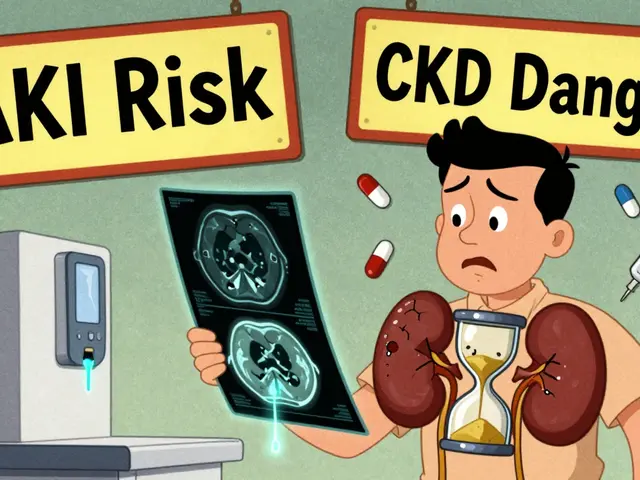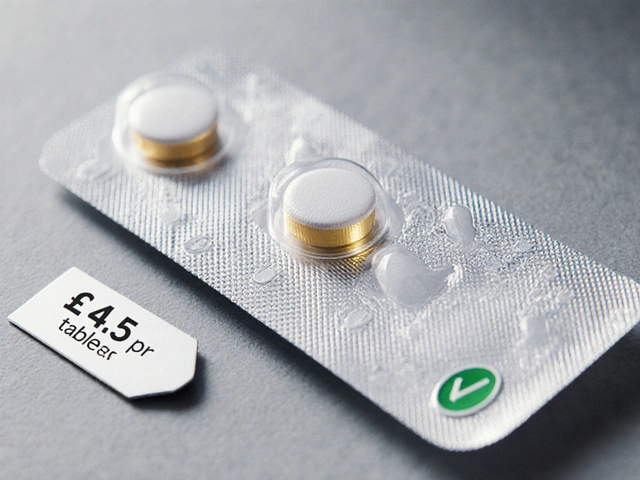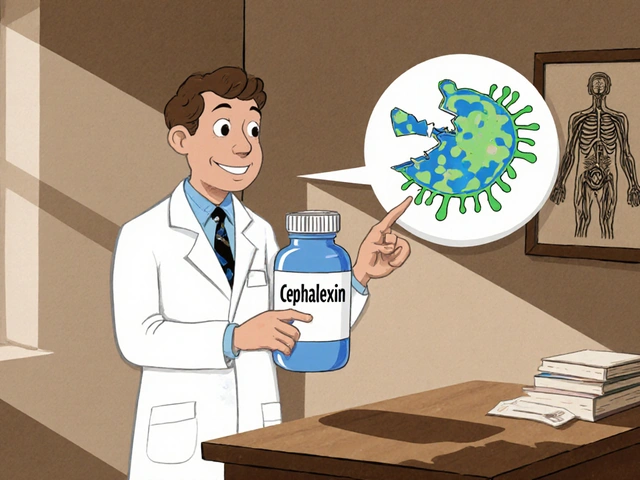Anthocyanin Supplement Basics: What You Need to Know
Anthocyanins are the colorful pigments that give berries, grapes, and red cabbage their deep reds and blues. When you take them as a supplement, you’re basically getting a concentrated dose of the same antioxidants your body loves in fresh fruit.
People turn to anthocyanin supplements to boost heart health, support eye function, and fight occasional inflammation. The idea is simple: more antioxidants can help neutralize free radicals, which are molecules that can damage cells over time.
How Anthocyanins Work in Your Body
Once you swallow an anthocyanin capsule, your stomach breaks it down and releases the pigment into the bloodstream. From there, the compounds travel to tissues that tend to get oxidative stress, like the heart, blood vessels, and retina.
Research shows that anthocyanins can improve blood vessel flexibility, lower LDL cholesterol a bit, and even help with night vision. They do this by scavenging free radicals and reducing inflammation pathways, which can keep cells from getting over‑worked.
How to Take Anthocyanin Supplements Safely
Most products recommend between 100 mg and 300 mg of anthocyanins per day. If you’re new to supplements, start at the lower end and see how you feel. Take the capsule with food – the fats in a meal can help your body absorb the pigments better.
Watch out for interactions. Anthocyanins can mildly affect blood‑thinning medications like warfarin because they also have antiplatelet properties. If you’re on a prescription for clotting disorders, check with your doctor before adding a supplement.
Side effects are rare, but a few people notice a temporary change in urine color – it can turn pinkish or reddish, which is harmless. If you experience stomach upset, try splitting the dose across two meals.
Pregnant or breastfeeding folks should stay on the lower end of the dose range unless a healthcare provider says otherwise. The same goes for kids – most anthocyanin products are formulated for adults.
When you shop, look for third‑party tested brands that list the exact anthocyanin content (often measured in milligrams of cyanidin‑3‑glucoside equivalents). Avoid products that use vague “berry extract” claims without a clear potency number.
In short, anthocyanin supplements can be a handy way to add more antioxidant power to your routine, especially if you don’t eat enough berries every day. Stick to recommended doses, check for drug interactions, and pick a reputable brand – that’s the recipe for getting the most out of the supplement without any surprise side effects.

Sour Cherry Supplement: The Ultimate Health Boost for Wellness Enthusiasts
- By : Tamsin Riverton
- Date : Aug 27 2025
Discover why sour cherry has become the go‑to dietary supplement for sleep, recovery, and heart health, backed by science and real‑world results.




